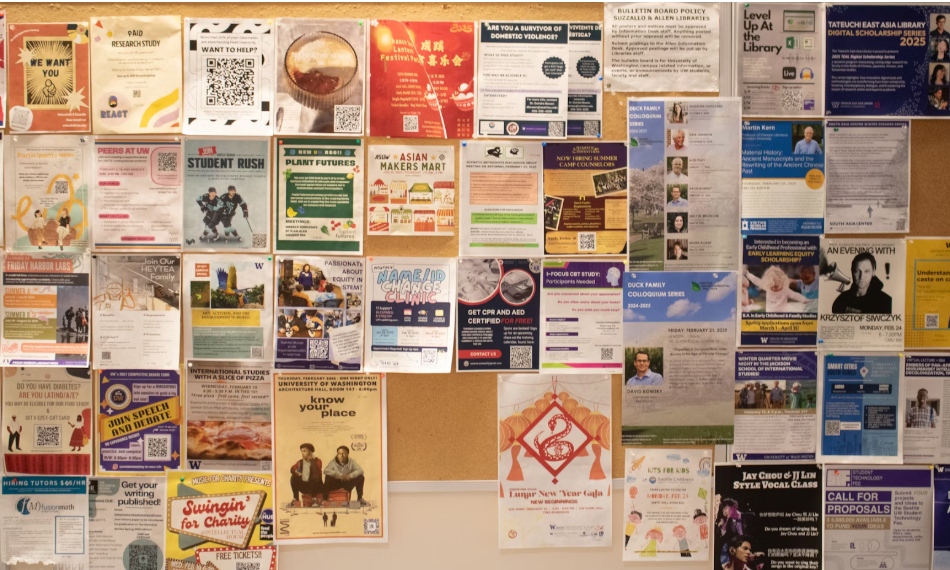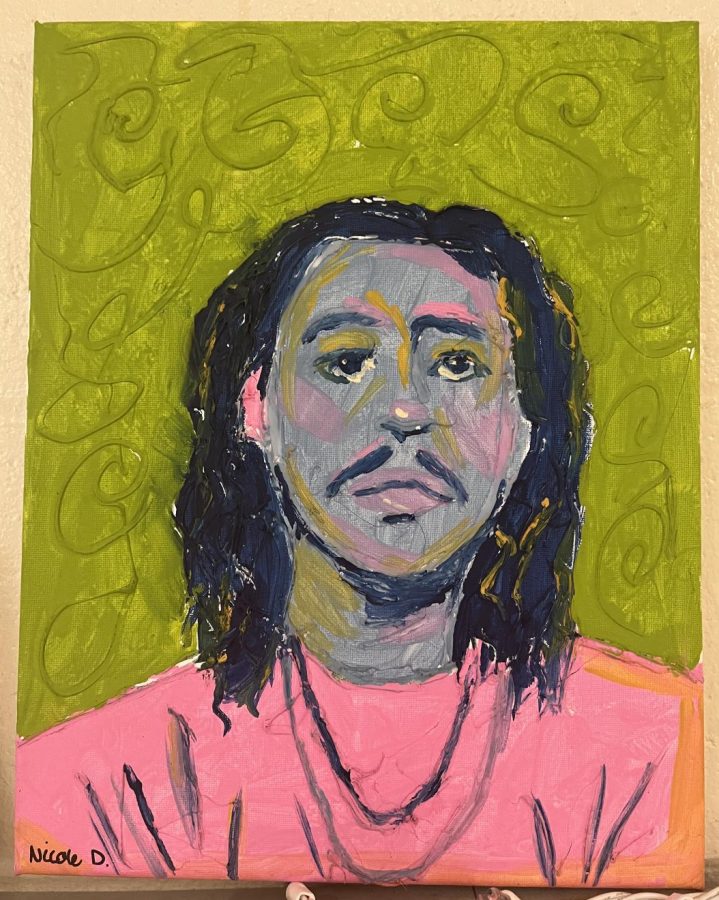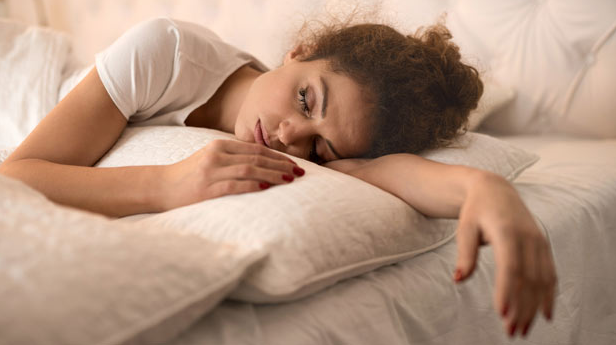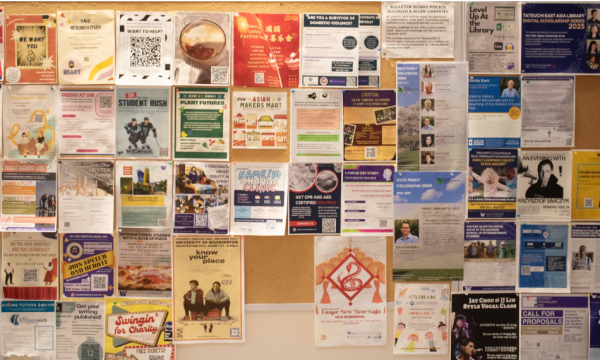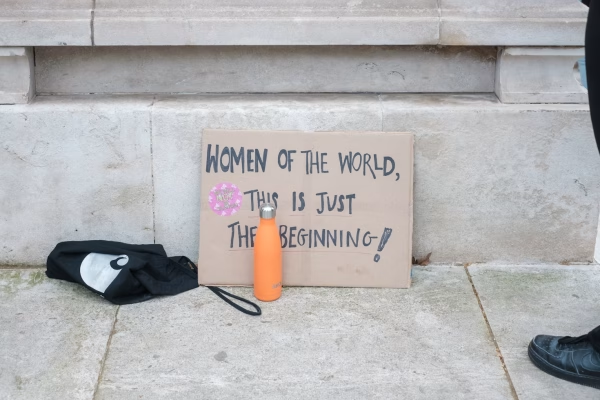The Importance of Sleep and How to Get Better Shut-eye
Among being whisked away to a world of serenity and splendor, eyes droop and sleep blankets the world whole. It is what many people suggest doing when sorting out a problem. It recharges one, refreshes one, and appeases the calling one feels to their bed after a long day of work. Unfortunately, almost a third of U.S. adults report getting less than the recommended amount of sleep. Worse than it sounds, lack of sleep is reported to have shown serious short-term and long-term effects on an individual’s health. However, by developing a regular sleep schedule, one can comeback these effects.
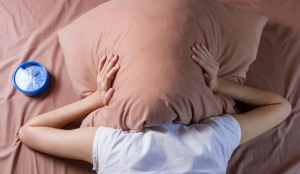
To understand how one can prevent something, one must understand how it is caused and what it can cause in the first place. Sleep deprivation has an impact on both physical and mental health. The impact it has on physical health includes the development of harmful symptoms and diseases. Further, the lack thereof can harm the regulating of stress hormones, specifically cortisol. With an increased amount of sleep comes a decreased amount of cortisol. The opposite is true where with a decreased amount of sleep comes an increased amount of cortisol. Why, then, does cortisol matter? This primary stress hormone increases glucose in the bloodstream, enhances the brain’s use of it, and increases the availability of material to repair tissue. Cortisol also plays a major role in the fight-or-flight reaction, suppressing the digestive system and altering immune responses. It is beneficial to the body as it helps control blood sugar levels and blood pressure as well as regulate metabolism. Overtime, as cortisol levels are increased, one may find they have an unhealthy nervous system and high blood pressure. Dangers of having high blood pressure include heart attacks and strokes. The National Heart, Lung, and Blood Institute’s article, “Sweet Dreams: Researchers Explore Link Between Sleep and Health” illustrates the drastic effects sleep deprivation can have on an individual when they write, “Researchers have associated a persistent lack of sleep with conditions such as heart disease, high blood pressure, diabetes, obesity, and even certain types of cancer.” This would only make sense as high cortisol, linked with less sleep, causes high blood pressure to weight gain. However, many other things, including genetics and diet, contribute to one’s ability to contract diseases such as diabetes or heart disease, but sleeping well and regularly can reduce the probability of said development. The Cleveland Clinic, in their article, “What Happens to Your Body When You Don’t Get Enough Sleep”, further found detrimental effects of sleep deprivation. They write, “Some of the most serious potential problems associated with chronic sleep deprivation are high blood pressure, diabetes, heart attack, heart failure or stroke.” The body without sleep is like a pen without ink. In order for it to function properly, it needs ink or, in this case, sleep. Sleep is so necessary to the survival of a normal person that without it, the body develops illnesses and disorders. However, when considering these things, it is important to recognize that these effects do not take place in one night. After a single night of poor sleep, it is normal to feel tired and irritable. There is nothing unordinary about that. After a several nights of poor sleep, it is harder to concentrate and make decisions. People are more prone to accidents. In fact, sleep deprivation is shown to have the same effect on people as drinking alcohol. The article, “Drowsy Driving vs. Drunk Driving: How Similar Are They?” from the National Sleep Foundation reports, “Being awake for 18 hours straight makes you drive like you have a blood alcohol level of .05 (for reference, .08 is considered drunk). If you’ve been awake for a full 24 hours and drive… it’s like you have a blood alcohol level of .10.” From this, it can be concluded that driving while sleep deprived is not recommended. Nonetheless, driving is not the only thing sleep deprivation effects. It can affect one’s school work and personal life, harming grades and relationships. Drowsiness is a true monster. After a few weeks to months, sleep deprivation’s more serious effects kick in. It begins to affect heart rate, blood pressure, cognitive function, and the immune system, weakening it to colds and coughs. This is detrimental to one’s health. However, one’s physical health is not the only thing lack of sleep effects.
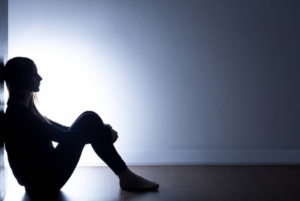
Mental health is a major issue in the world today. There are more things now than ever that can impact one’s ability to contract mental illness. In fact, one of the contributors to depression and anxiety is sleep deprivation. It is already known that sleep influences a person’s outlook on life, motivation, and energy, but recent studies have discovered that sleep deprivation takes it to the next level. Harvard Health Publishing demonstrates this in their article, “Sleep and Mental Health” as they discuss the link between the risk of developing depression and lack of sleep in writing, “… Two longitudinal studies in young people—one involving 300 pairs of young twins, and another including 1,014 teenagers—found that sleep problems developed before major depression did.” The picture is painted clearly here. Sleep deprivation is shown to have a strong tie to depression. Symptoms of depression include feeling irritable, restless, hopeless, sad, or empty. Further symptoms include grades dropping, irregular eating habits, lost interest in activities one used to enjoy, difficulty concentrating, and exhaust. To comeback depression requires treatment as one cannot simply “snap out of it”. However, there are ways to assist those with depression. The National Institute of Mental Health recommends being, “supportive, patient, and encouraging,” among other suggestions listed on their website. One potential way to decrease the likelihood of developing depression is getting more regular sleep. Improving one’s sleep can change one’s life for the better. There is nothing negative to come from ameliorating the amount of shut-eye one gets. Still, sleep deprivation is not only shown to be linked to depression, but anxiety as well. The Anxiety and Depression Association of America comments on the effect of sleep disorders on an individual’s mental health in their article, “Sleep Disorders,” when they write, “Studies… show that people with chronic insomnia are at high risk of developing an anxiety disorder.” Anxiety is characterized by restlessness and a persistent feeling of worry. It is shown to come along with medical illnesses such as heart disease and diabetes, illnesses already linked with sleep deprivation. Though this may appear coincidental, this seems to go hand in hand with the fact that less sleep increases cortisol levels in the body. Adrenaline and cortisol are both a major part of the body’s natural stress-response system. Ordinarily, hormone levels return to their normal state after one is no longer threatened, but when cortisol is always present, the overexposure disturbs the body’s processes. The article, “Stress Management”, illustrates the effects of excess stress in writing, “This puts you at an increased risk of numerous health problems, including: anxiety, depression… heart disease, sleep problems, weight gain…” Lack of sleep is tied into many illnesses that inimically destruct one’s health. Prevention of such is quite simply put: get more sleep.
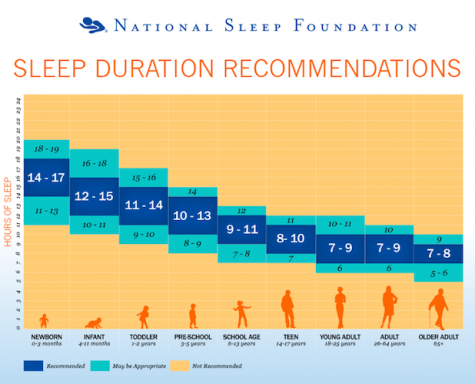
Although getting more sleep seems simple enough, it is not necessarily the most effective way to improve one’s health, as oversleeping is also not a healthy habit. What prevention requires is a regular sleep schedule with the recommended hours needed to get a good night’s rest. The National Sleep Foundation recommends several different ways to get better sleep, such as, going to bed and waking up at the same time each day, practicing a relaxing bedtime ritual, and keeping the bedroom cool. The first tip, sticking to a sleep schedule, is to help regulate one’s biological clock. Keeping sleep consistent allows the body to know what to expect. Making gradual adjustments is recommended when trying to get to bed earlier. If one decreases the time they head to sleep by fifteen minutes every three days, the body will naturally adjust to falling asleep earlier. Harvard Health Publishing recommends several relaxation techniques in order to help individuals fall asleep in writing, “Techniques to quiet a racing mind—such as meditation, breathing exercises, progressive muscle relaxation, and biofeedback—can help you sleep better.” The National Sleep Foundation explains other ways to practice relaxing techniques before bed in writing, “A relaxing, routine activity right before bedtime conducted away from bright lights helps separate your sleep time from activities that can cause excitement, stress, or anxiety which can make it more difficult to fall asleep, get sound and deep sleep, or remain asleep.” This also helps the body to know what to expect. A consistent routine is embedded into the biological clock making drowsiness come with more ease. Jill Thompson’s article, “Is It Really Better to Sleep in a Cold Room?”, illustrates how sleeping in a cooler room can help one fall asleep when she writes, “As nighttime approaches, our body temperature naturally drops, signaling that it’s time to slow down and get some rest.” When the thermostat is set at a cooler temperature, it signals that natural drop in body temperature, helping one become drowsier. Further, Harvard Health Publishing explains techniques called “sleep restriction” and “reconditioning” that can help individuals fall asleep with more ease as well. They write, “…less time in bed helps you to sleep better and make the bedroom a welcome sight instead of a torture chamber.” Spending excess time in bed reading or looking at one’s phone associates the bed with other activities than sleep. Instead, it is recognized as a place to read, study, or scroll through social media. Eliminating excess time in bed, however, helps the body to understand that the bed is only a place for sleep, making it easier to get some rest.
Conclusively, sleep is an important part of life. It takes up roughly a third of the average person’s lifetime. Sleep restores the body, makes one healthier, and prevents long-term illnesses. Unfortunately, the only way to reap the benefits of this reward is to start scheduling and following a regular sleep routine. In the end, it is up to the individual, as they are the only person in charge of them self.


